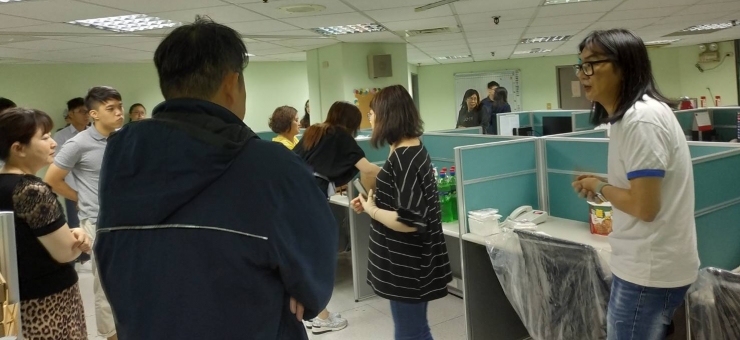TPTSEU supports workers at new Taiwanese-language TV channel

In July, Taiwan Public Television officially launched the new free-to-air Taiwanese-Language Channel (TAIGI). The new service is funded via National Government grant of 13 million US dollars. This will allow the public broadcaster to operate a dedicated channel to preserve the minority and major local language. This new channel is also aiming at entering the new media market via its streaming platform service promoting of young talent.
The setting-up of TAIGI follows the passage of the National Language Development Act of 2018, which provided the legal basis for the public broadcaster to receive government funding for promoting the nation’s linguistic heritage.
A total workforce of 100 employees is currently being recruited. 70 new jobs have been created and 30 staff from the public broadcaster’s news department have been transferred to complete the staffing of the new channel. TPTSEU has already organized more than 50% of the workforce.
The new employment environment is a challenge for the workforce and UNI affiliate, TPTSEU representing workers at Taiwan Public Television is supporting the colleagues in this transformation process. Many workers are employed on fixed term contracts and these work arrangements spark tension and uncertainty within the organisation ahead of the expiration of the one-year contracts.
Most employees at TAIGI that are hired on temporary employment contracts are part of the young generation of media workers that are break into the industry. The major challenge for the broadcaster and TPTSEU is to overcome the government financing scheme that is based on short-term, project-based financing and disrupts the good governance and the sustainable development of a future world of work in the digital age. The Union seeks to organise all the new workers and to support the public media governors in their efforts to convince the government of the need to provide for long-term financing of TAIGI and apply the highest standards of governance and accountability and to secure a sustainable future for a rejuvenating public media service like TAIGI.

